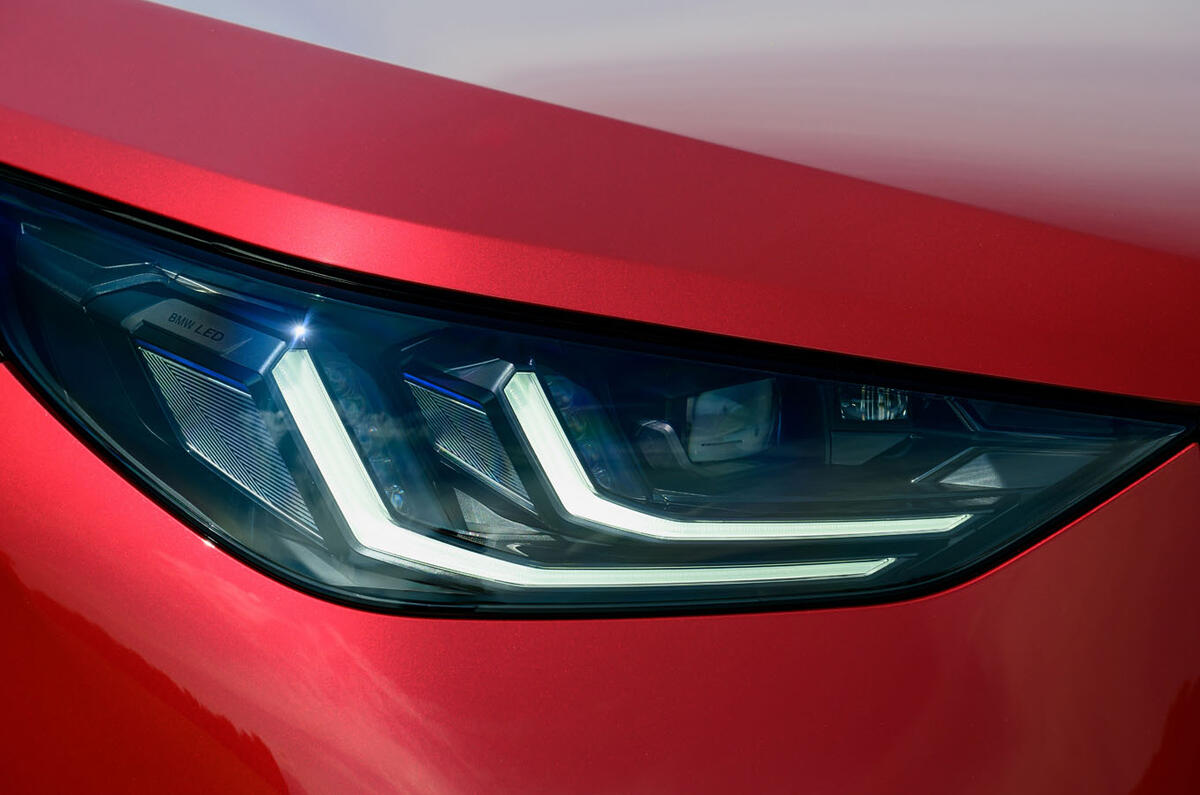While the X3 retains the same CLAR platform as the previous model, BMW’s engineers have been busy tinkering. As well as reducing its weight (although it still tips the scales at two tonnes) and increasing body rigidity, they have worked on the strut front axle and the five-link rear in a bid to improve cornering. M Sport models such as the M50 feature sport suspension and steering, along with upgraded brakes and an electronic rear differential. Our test car also had the adaptive chassis.
For an SUV, the X3 can hold its own in corners. The steering is precise and well weighted, with that dash of dynamic sportiness that BMW does well. It’s also predictable so it remains easy to place the car. The various drive mode settings allow you to sharpen the steering should you wish.









































